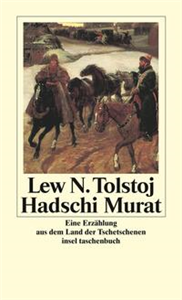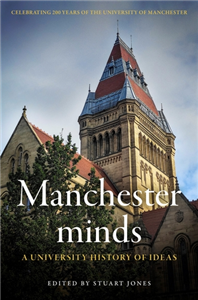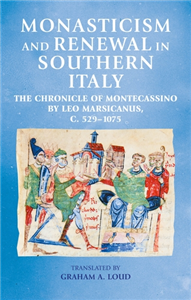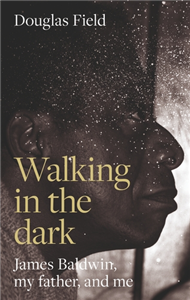Leopold - Ploegsma - Condor
Leopold was founded in 1923 and evolved into a children's-and young-adult publishing house in the 1950's. Leopoldestablishes a lot of collaborations with museums, different organizations and the government. The first children's book ever published is still in print: Johan Fabricius'Java Ho! The Adventures of Four Boys Amid Fire, Storm, and Shipwreck. Leopold hosts a lot of famous Dutch authors, for example the classic works of Tonke Dragt (The Letter for the King, The Secrets of the Wild Wood).Several popular brands are also published by Leopold, likeFrog(Max Velthuijs) andAlfie the Werewolf(Paul van Loon). The beautiful Leopold picture books by renowned illustrators like Annemarie van Haeringen, Wouter van Reek and Ingrid Godon are taking a flight due to the fantastic teamwork with museums. Not only classic authors and popular brands are a big part of Leopold. A younger generation of authors and illustrators is building a vast oeuvre. Books like Zeb.(Gideon Samson, Joren Joshua) andFright Night(Maren Stoffels) shake up the world of children's literature. Ploegsma has been part of the Dutch publishing scene for well over a hundred years. The publishing house was founded in 1905 by Johannes Ploegsma and has been specialising in children's books since the 1960's: adventurous and humorous fiction and non-fiction books for children of all ages. These include many classic titles, such as the books by Astrid Lindgren (Pippi Longstocking) and Arnold Lobel (Frog and Toad), as well as books by contemporary and very popular authors like Mirjam Oldenhave(Mister Twister), Marjon Hoffman (Flora), Yvon Jaspers (Tess and Tommy), Reggie Naus (The Pirates Next Door), Vivian den Hollander, Janny van der Molen and Caja Cazemier. Many of these authors have been translated. Even though a lot has changed the past hundred years, Ploegsma's love for beautiful books is still going strong.
View Rights Portal























